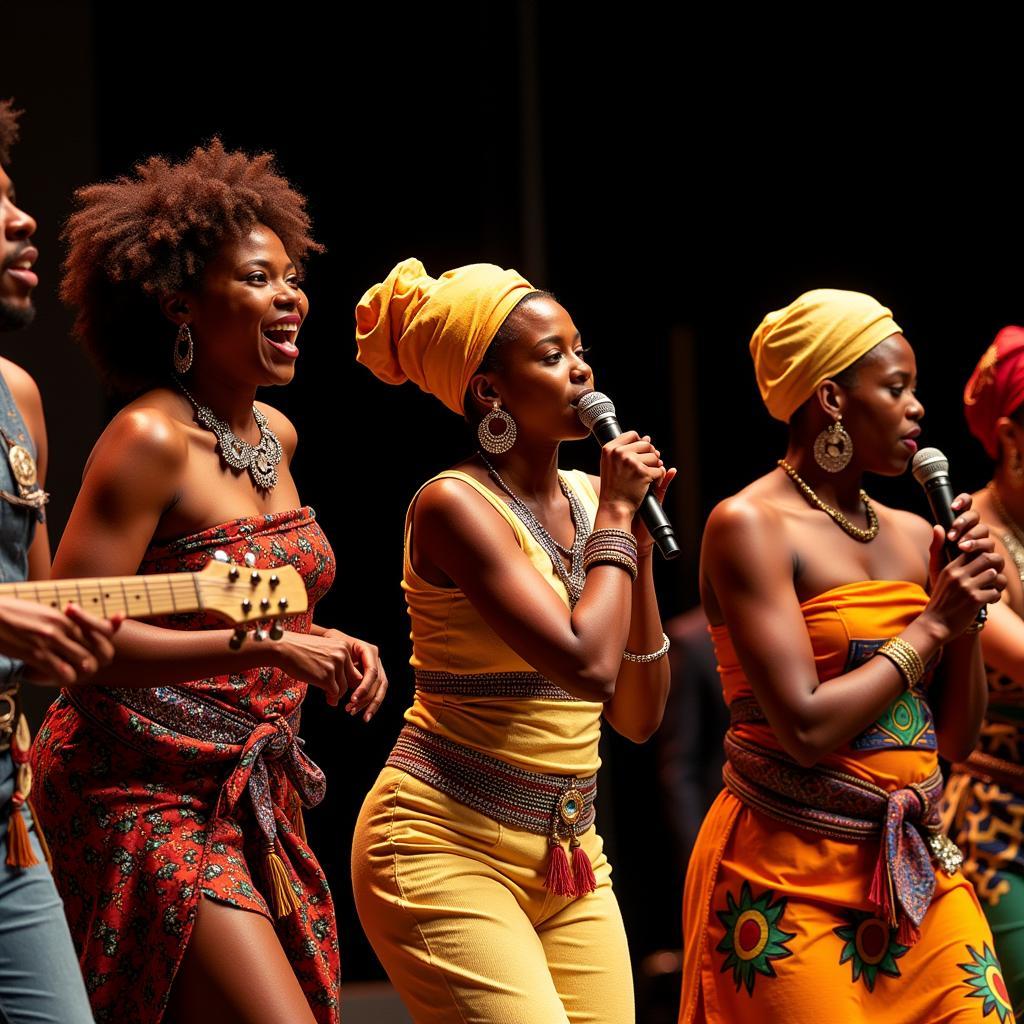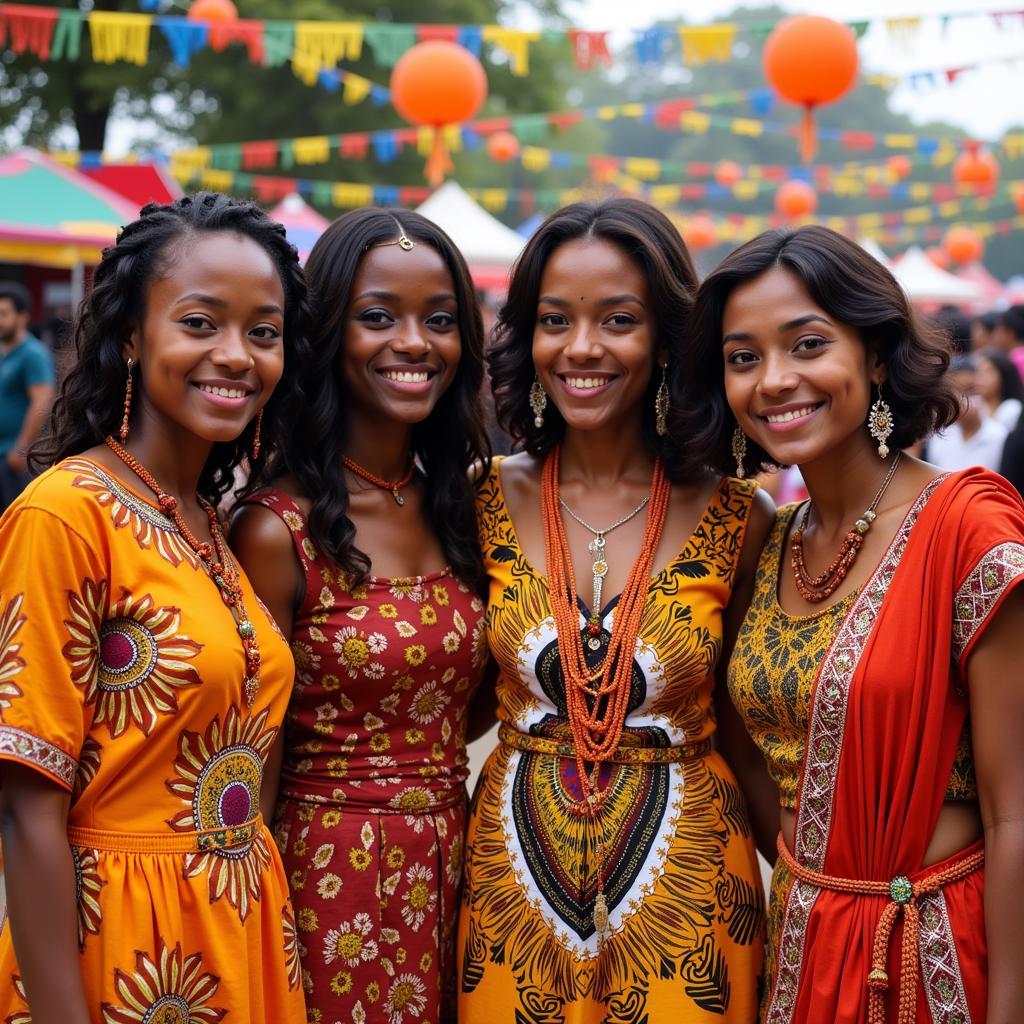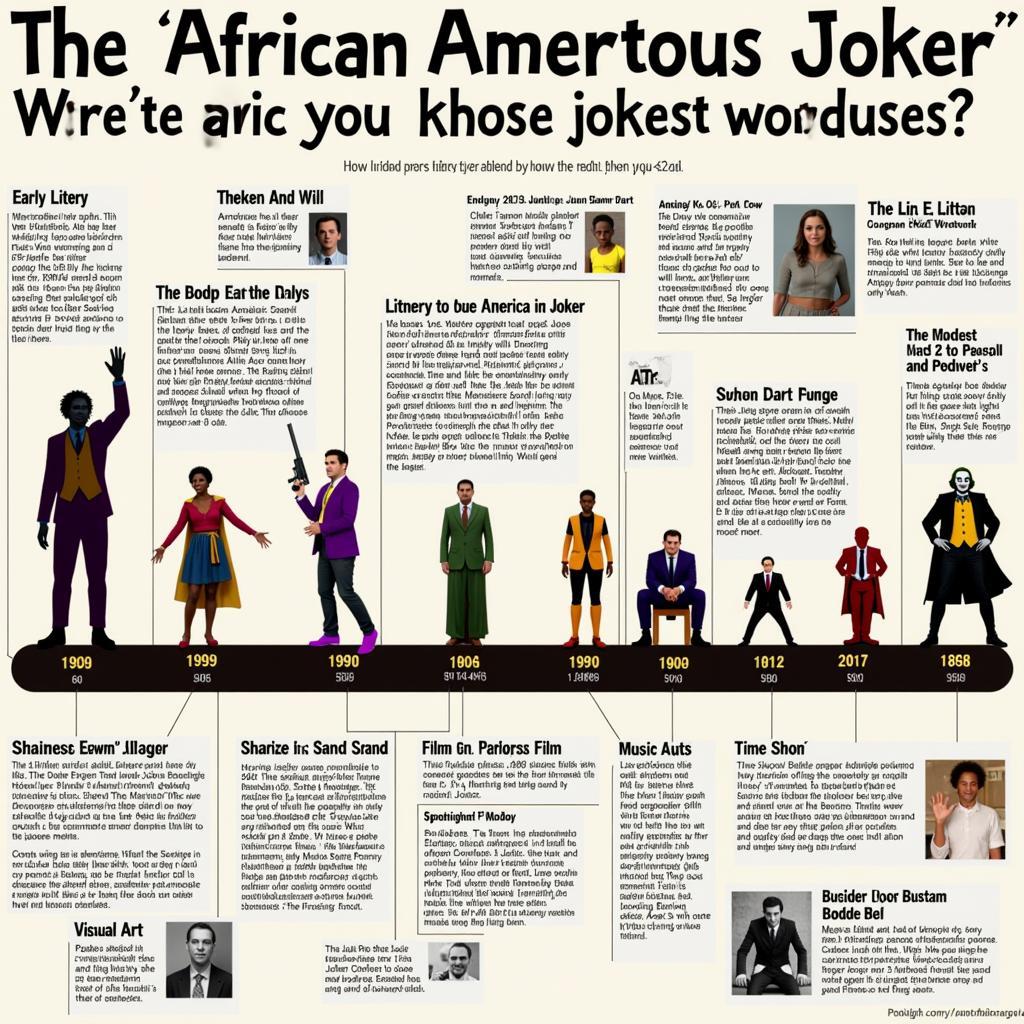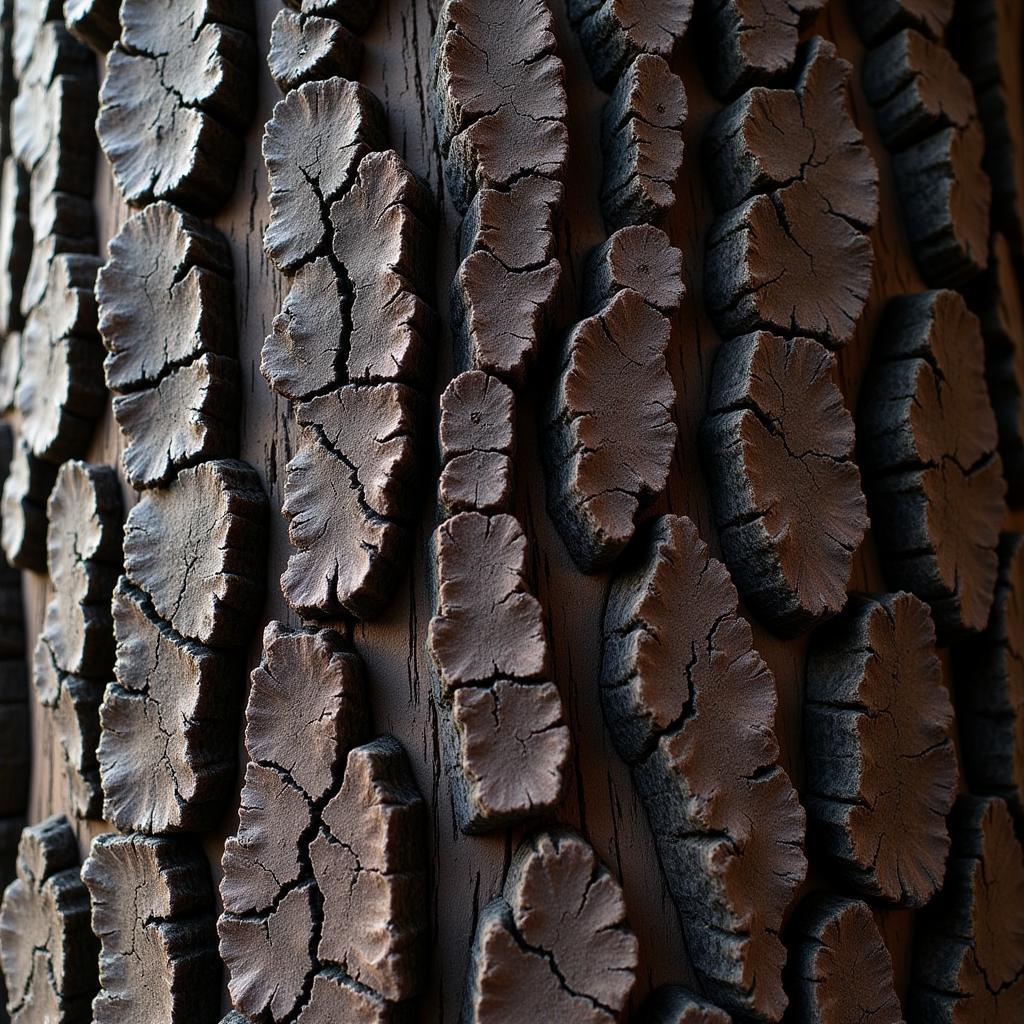The Thrilling World of African Dance Battles
African Dance Battles are a vibrant and captivating spectacle, deeply rooted in the continent’s rich cultural heritage. They offer a powerful expression of identity, storytelling, and community bonding, showcasing the diverse and dynamic traditions found across Africa. More than just competition, these battles are celebrations of life, rhythm, and artistic expression. Let’s delve into the fascinating world of African dance battles and discover what makes them so unique.
African dance is much more than just movement; it’s a language. It tells stories, expresses emotions, and connects people to their ancestors and the spiritual world. And what better way to showcase this potent form of communication than through a thrilling dance battle? These competitions are often spontaneous, arising organically during celebrations and festivals. They are a chance for individuals and groups to display their skills, creativity, and mastery of traditional dance forms. A key element of African dance is its connection to rhythm. The intricate interplay between the dancers and the drummers creates a mesmerizing synergy, driving the energy and intensity of the battle.
The Heart of the Rhythm: Drums and Dance in African Dance Battles
The drums are the lifeblood of African dance battles. They set the pace, dictate the mood, and fuel the dancers’ movements. The complex rhythms and polyrhythms produced by skilled drummers create an electrifying atmosphere, pushing the dancers to their limits and captivating the audience. Different regions and cultures have unique drumming styles and instruments, adding another layer of richness and diversity to the battles. The drummers themselves are often considered artists and storytellers, weaving narratives through their rhythmic patterns. This connection to rhythm is fundamental to the experience of African dance battles.
Beyond Competition: The Cultural Significance of African Dance Battles
African dance battles are more than just competitions; they are a powerful expression of cultural identity. Different styles of dance reflect the unique traditions, histories, and spiritual beliefs of various ethnic groups across the continent. Through these battles, communities preserve and transmit their cultural heritage to younger generations, ensuring the continuity of these rich traditions. The battles are also a celebration of community, bringing people together to share in the joy and excitement of dance and music. The sense of unity and shared experience is palpable, fostering a strong sense of belonging and collective identity. These competitions serve as a vibrant reminder of the power of dance to connect people and transcend cultural boundaries.
Styles and Forms: Exploring the Diversity of African Dance
The sheer diversity of African dance is breathtaking. From the energetic and acrobatic movements of East African dances to the graceful and fluid styles of West Africa, each region boasts a unique repertoire of dance forms. These forms often incorporate symbolic gestures and movements that tell stories, represent animals, or convey emotions. The costumes worn during the battles are also significant, reflecting the cultural heritage of the dancers and adding another layer of visual splendor to the performance. For a glimpse into the world of young African dancers, check out African dance of girls.
What Makes an African Dance Battle Unique?
What sets African dance battles apart is the emphasis on improvisation, spontaneity, and connection with the audience. While there may be traditional steps and movements, dancers are encouraged to express their individuality and creativity, adding their own personal flair to the performance. The interaction between the dancers and the audience is also crucial, creating a dynamic and engaging experience for everyone involved. The audience isn’t just watching; they’re participating, cheering, and encouraging the dancers, becoming an integral part of the performance. You might also be interested in learning about African Cup of Nations fixtures and results.
The Role of the Audience in African Dance Battles
The audience plays a vital role in African dance battles. Their energy and enthusiasm fuel the dancers’ performances, creating a reciprocal exchange of energy and excitement. The cheers, clapping, and calls from the audience encourage the dancers to push their limits and showcase their best moves. This interactive dynamic makes African dance battles a truly immersive and communal experience. A specialist in African dance, Dr. Adjoa Ammah, explains, “The audience isn’t merely a spectator; they are an active participant, contributing to the energy and excitement of the battle. Their response shapes the performance.”
Conclusion: The Enduring Power of African Dance Battles
African dance battles are a testament to the enduring power of dance to connect people, tell stories, and celebrate cultural heritage. These vibrant and dynamic spectacles offer a unique window into the rich and diverse traditions of Africa. From the intricate rhythms of the drums to the expressive movements of the dancers, African dance battles are a captivating experience that leaves a lasting impression. For those intrigued by the power and symbolism in African culture, you might also find African boy names that mean warrior interesting. African dance battles continue to thrive, passing down traditions and inspiring new generations of dancers.
FAQs
- What is the purpose of an African dance battle? To express cultural identity, showcase skills, and celebrate community.
- What is the role of drums in African dance battles? Drums set the rhythm and drive the dancers’ movements.
- Are African dance battles competitive? While there is an element of competition, the focus is on celebration and community.
- What are some common styles of African dance? Styles vary widely across regions, including energetic East African dances and graceful West African styles.
- How does the audience participate in African dance battles? The audience cheers, claps, and interacts with the dancers, adding to the energy.
Contact Us:
For any assistance or inquiries, please contact us:
Phone: +255768904061
Email: kaka.mag@gmail.com
Address: Mbarali DC Mawindi, Kangaga, Tanzania
We have a 24/7 customer support team.




